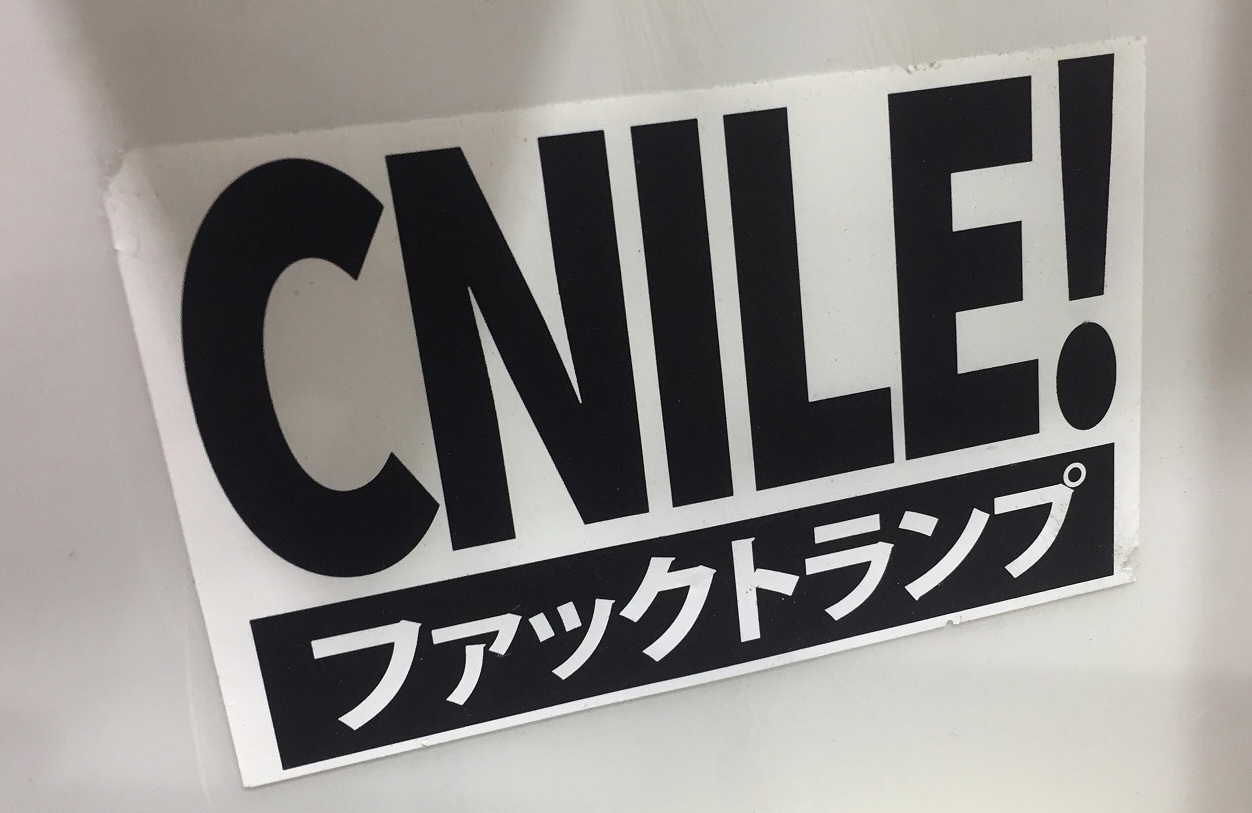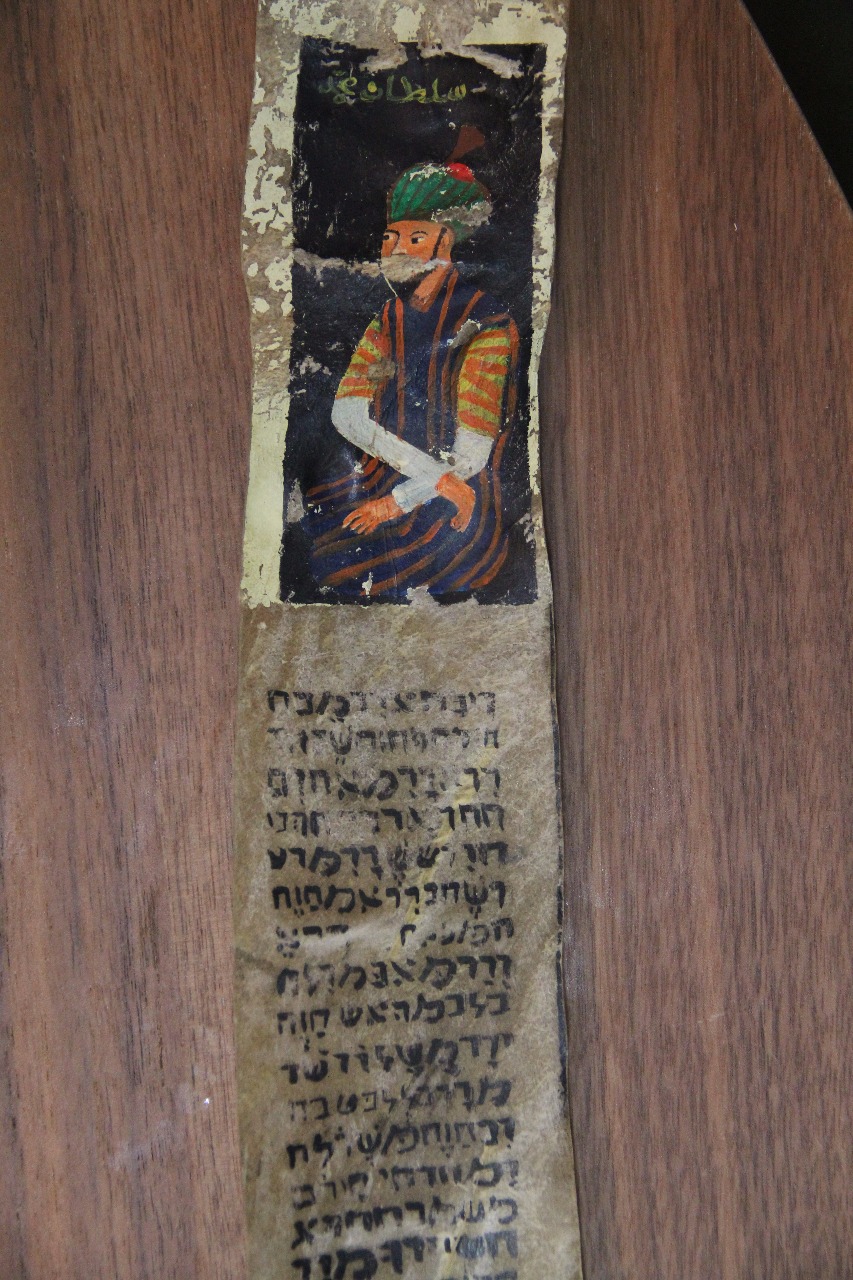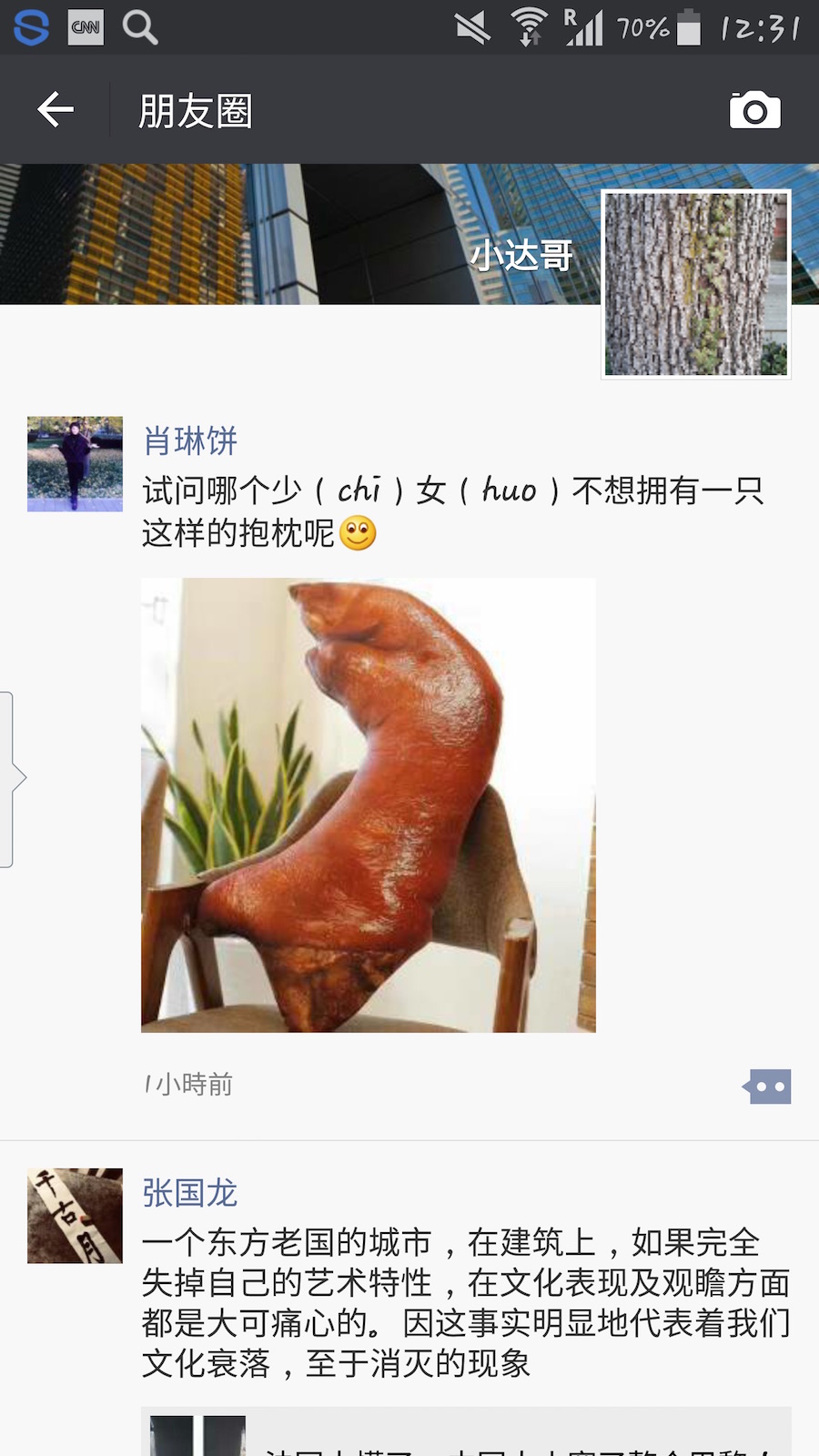Characterless future
Browser extensions sometimes can cause unexpected problems, e.g.:
"The Time of Shedding and Cold Rocks" (3/7/18).
Often, however, they can be very helpful if they do what you want them to do.
Jonathan Smith writes:
Do you use the web browser Chrome? If so try adding the extension "Convert Chinese to Pinyin (Mand)". It does a decent job converting Chinese-language web pages to word-spaced pinyin (with tone marks if desired) so one can pretend one lives in a characterless future :D
Read the rest of this entry »



